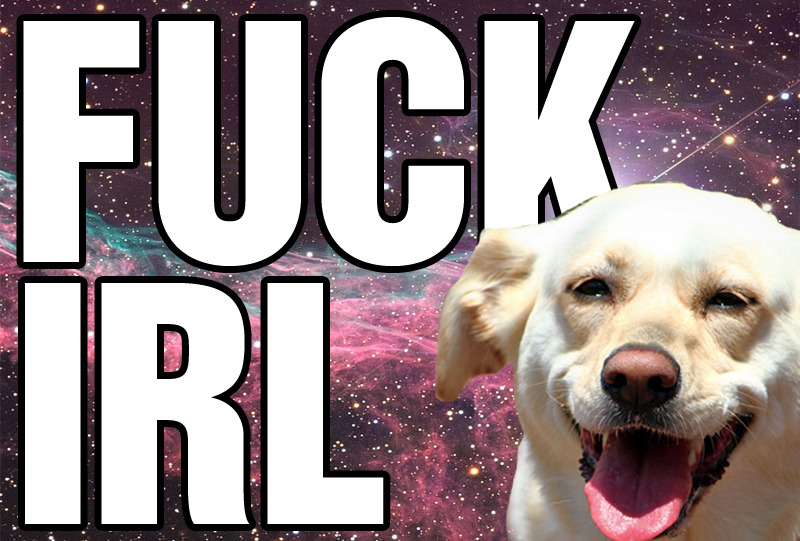I’m taking a creative writing class that is focusing on the creative side of poetry, and it got me thinking about the vastness of poetry, and what it gives us as readers. Now, I’ve been a poetry reader for a good chunk of my life, but I wouldn’t say I understood everything I read. I then took a class a year ago where our focus was analyzing poetry and prose for it’s deeper meaning, what was this writing trying to say and why? Going from an analytic mind in regards to poetry to a creative one is kind of scary. The world of creative writing is a large one, and it can entail some of the weirdest facets of a person’s mind and soul, as well as some of the greatest.
Sometimes it seems that the best poets are those who have come before us, from the 18th-20th century, and let’s not forget Shakespeare. Never forget Shakespeare. Poetry from the past has become so relevant to the present it’s scary. Poems about anger, joy, love, heartache, washing dishes, just about any topic of life and death has been covered somewhere in the realm of poetry.
Poetry from the past has lined up a set of expectations for poets in the 21st century to reach and overcome. It has to be creative, witty, meaningful, and somehow inconspicuous so you don’t know exactly what they’re saying, but then again you do.
I read poetry because it reminds me of the romantic connection that I have with writing. It sounds silly, but when I read poetry, I feel like I’m reading a personal piece of something in someone’s mind, and some deeper connection about life and its many ups and downs is brought to light. With it there’s a rhythm, a power, that a novel can’t always get at, and a song can’t always thoroughly explain. Find a favorite poet or a favorite piece and thrive on the energy that either brings to you.
To delve into the repertoire of poets then and now would be to wide a margin to cover, but I do encourage the practice of reading poetry for the sole reason that it allows its readers to take a quick and, I’m not going to lie, effort-filled journey, through a story they’ve had yet to experience. Collections of poetry are like personal notes addressed to you that open up the crooks of someone’s imagination just for you to enjoy.
Here are some poems from a couple of my favorite poets:
Homage to my Hips by Lucille Clifton
these hips are big hips.
they need space to
move around in.
they don’t fit into little
petty places. these hips
are free hips.
they don’t like to be held back.
these hips have never been enslaved,
they go where they want to go
they do what they want to do.
these hips are mighty hips.
these hips are magic hips.
i have known them
to put a spell on a man and
spin him like a top
Dover Beach  by Matthew Arnold
The sea is calm tonight.
The tide is full, the moon lies fair
Upon the straits; on the French coast the light
Gleams and is gone; the cliffs of England stand,
Glimmering and vast, out in the tranquil bay.
Come to the window, sweet is the night-air!
Only, from the long line of spray
Where the sea meets the moon-blanched land,
Listen! you hear the grating roar
Of pebbles which the waves draw back, and fling,
At their return, up the high strand,
Begin, and cease, and then again begin,
With tremulous cadence slow, and bring
The eternal note of sadness in.
Sophocles long ago
Heard it on the Ægean, and it brought
Into his mind the turbid ebb and flow
Of human misery; we
Find also in the sound a thought,
Hearing it by this distant northern sea.
The Sea of Faith
Was once, too, at the full, and round earth’s shore
Lay like the folds of a bright girdle furled.
But now I only hear
Its melancholy, long, withdrawing roar,
Retreating, to the breath
Of the night-wind, down the vast edges drear
And naked shingles of the world.
Ah, love, let us be true
To one another! for the world, which seems
To lie before us like a land of dreams,
So various, so beautiful, so new,
Hath really neither joy, nor love, nor light,
Nor certitude, nor peace, nor help for pain;
And we are here as on a darkling plain
Swept with confused alarms of struggle and flight,
Where ignorant armies clash by night.



